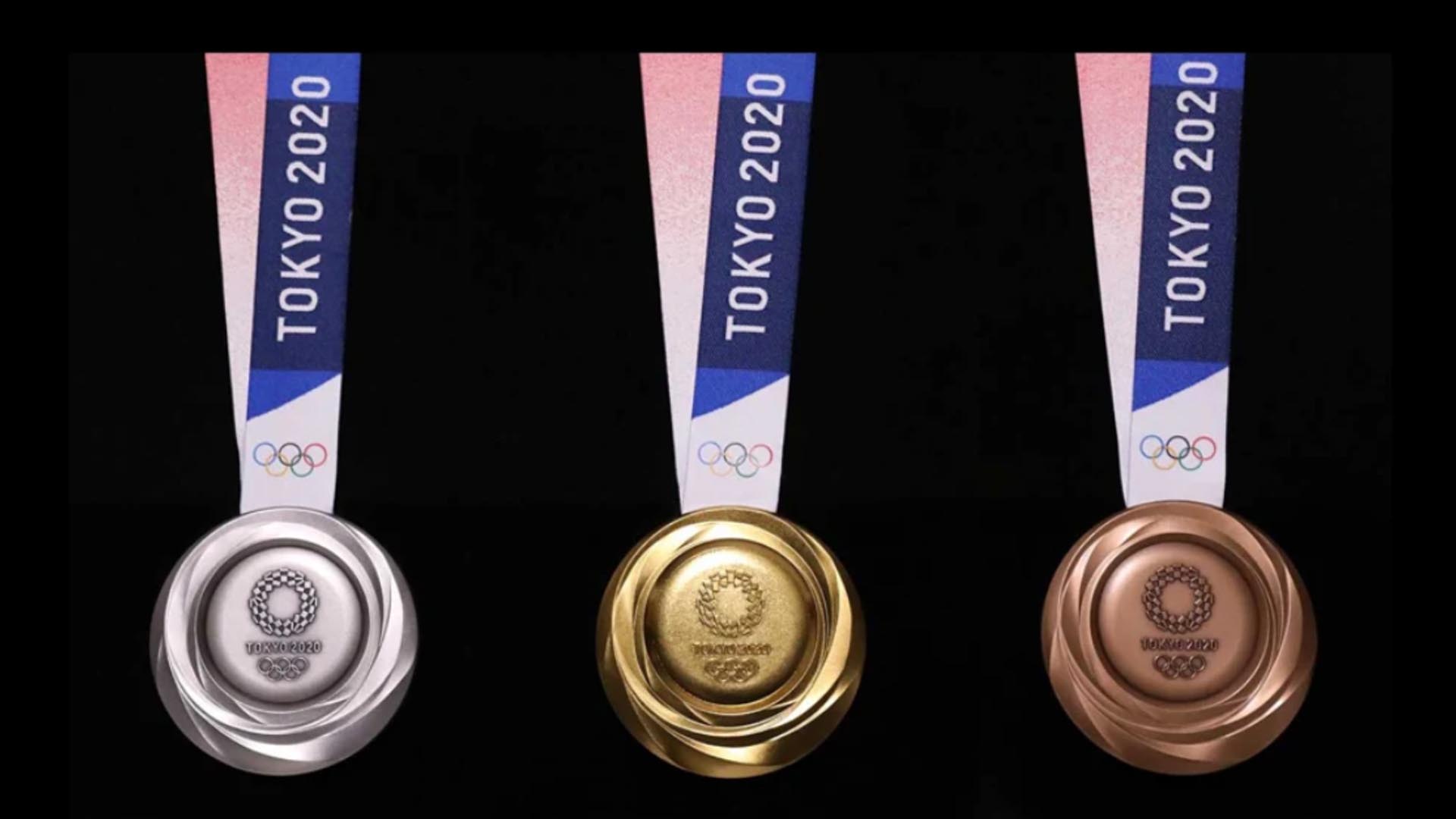More than being just a sports festival, the Olympic Games is a celebration of oneness, human excellence, and world peace. This is why bringing home at least 1 medal for your country is already a big pride.
Let’s keep the hype of the competition with this interesting information about every athlete’s Holy Grail. Here are some fun facts about the Olympic Medals:
1. Olympic medals are made of recycled materials this year
It took some time to make the Tokyo Olympic medals. 2 years before the Olympics, Japan made a large-scale project called the “Tokyo Medal Project” wherein, with a collective effort from the Japanese citizens, they collected and recycled old gadgets like smartphones and laptops which were later on used as materials for the production of the medals.
90% of Japan’s cities and towns participated in the project and together they collected 80,000 tons of material to craft 5,000 gold, silver, and bronze medals. In total, the materials crafted weighed 66.8 pounds of gold, 9,039 pounds of silver, and 5,952 pounds of bronze.
2. Gold medals were not entirely gold after the 1912 Olympics
Despite being called “gold,” today’s medals are not completely made up of the material. It was after 1912 when the game stopped producing gold medals purely from gold. This year’s medals were an example as the gathered materials were mostly silver, and they were extracted and produced along with approximately 6 grams of gold to meet the standard in the Olympics.
3. The US has the most Olympic medals
The U.S. owns the record of having the most Olympic medals for a country. Since 1896, the U.S. has collected a total of 2,524 medals, 1,022 of which are gold medals. They are followed by Russia with 1,556 medals and 590 gold medals.
4. Finland has the most gold medals per capita.
Although the U.S. owns over a thousand gold medals, Finland remains the country with the most gold medals per capita. Finland has a population of 5.5 million and has garnered a total of 101 gold medals as compared to the U.S. who has 1,022 golds with a population of 328.2 million as recorded in 2019.
5. Michael Phelps owns the most gold medals
Up to this day, Michael Phelps remains the athlete with the most gold medals. Phelps has accumulated 23 gold medals starting 2004. He earned his first-ever gold medal in the 400m individual medley swimming competition in Athens. Moreover, he also made a world record with his time of 4:08.26. The athlete has a total of 28 medals with 3 silvers and 2 bronzes.
6. Margett Abbott is the first female competitor to win in the Olympics
American golfer Margaret Ives Abbott is the first-ever woman competitor to win an Olympic event. Her win dates back to October 4, 1900. She won after playing in 47 rounds against 19 golfers at a nine-hole course at Compiègne, 80 kilometers north of Paris.
Source: https://olympics.com/en/athletes/margaret-ives-abbott-, https://olympics.com/en/featured-news/michael-phelps-olympic-medals-record-how-many-gold-swimmer-world-record, https://olympics.com/tokyo-2020/en/games/olympics-medals/
Photo Credit: olympics.com/tokyo-2020







